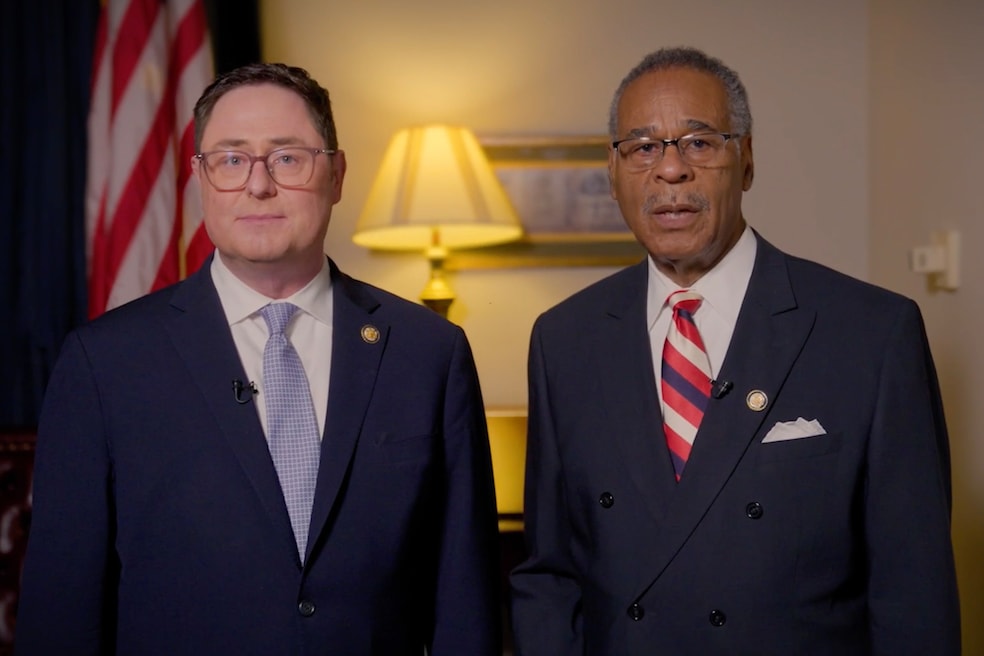Two congressmen want to overhaul a pair of national housing initiatives they say have been overlooked for decades. To start, they are turning to the public for help.
Rep. Mike Flood, Republican of Nebraska, and Rep. Emanuel Cleaver, Democrat of Missouri, are calling for a makeover of two residential programs benefiting both buyers and renters. Flood and Cleaver are partnering on a national callout for feedback, due later this month, on the U.S. Department of Housing and Urban Development’s HOME Investment Partnerships Program and the Community Development Block Grant, or CDBG.
Part of their push will be requests for more funding.
The National Affordable Housing Act of 1990 led to the creation of the HOME program. It provides funding to municipalities to build affordable housing and offers rental assistance. HUD distributes funds for this program annually and changes its allocations based on need.
By comparison, CDBG is much older, going back to 1974 when it was included in the Housing and Community Development Act. HUD distributes the CDBG grants across all 50 states, as well as to cities with at least 50,000 residents, providing aid from homeownership assistance to historic preservation.
“We want to make it easier for cities and housing developers and nonprofits to use the money and streamline the process to get more bang for our buck," Flood said in an interview.
The congressmen want to hear from the public by April 25. Flood said he wants municipalities, nonprofits, developers and investors to weigh in. Interested participants should answer this survey and then email it to them at FloodCleaver@mail.house.gov.
A select group of respondents will be invited to Washington, D.C., to meet with both Flood and Cleaver. Legislation would then be crafted for a public hearing by July, Flood said. The hope is to have a bill finalized by December, and have it move through the Senate in 2026.
More funding viewed as key to programs' success
The programs have contributed to the growth of communities across the country for decades, said Ned Murray, affordable housing expert and associate director of the Jorge M. Pérez Metropolitan Center. Based out of Florida International University in Miami, the think tank publishes research and policy solutions targeting international and public affairs with a special focus on economic expansion with the help of affordable housing, labor and local firms.
Murray said they need more funding to support additional communities. The HOME program has a budget request of $1.2 billion for 2025, down from $1.5 billion last fiscal year, according to HUD's 2025 Budget in Brief. CDBG has a $2.9 billion budget request, down from $3.4 billion in 2024.
“From my perspective, the housing crisis is a national crisis, and it’s in every state and city. In some areas, it’s more difficult than others,” Murray said. “I would hope Congress would see that, understand that, and realize that this mainstay funding source has to be funded in full and preferably receive additional funding so we can take on the national housing crisis.”
The reexamination of the programs comes at a time when HUD faces serious threats. In February, the Trump administration paused funding for several programs, and Bloomberg has reported that the White House and its Department of Government Efficiency is weighing whether to cut half of HUD’s 5,300 staff and close several field offices across the country.
Regardless, Flood said, these two programs remain a priority to him and Cleaver.
“There is no scenario where any of these programs will be canceled,” Flood said, referring to HOME and CDBG. “We will modernize them and make them more effective so we can make our case to get more funding in the future and do whatever we can.”

